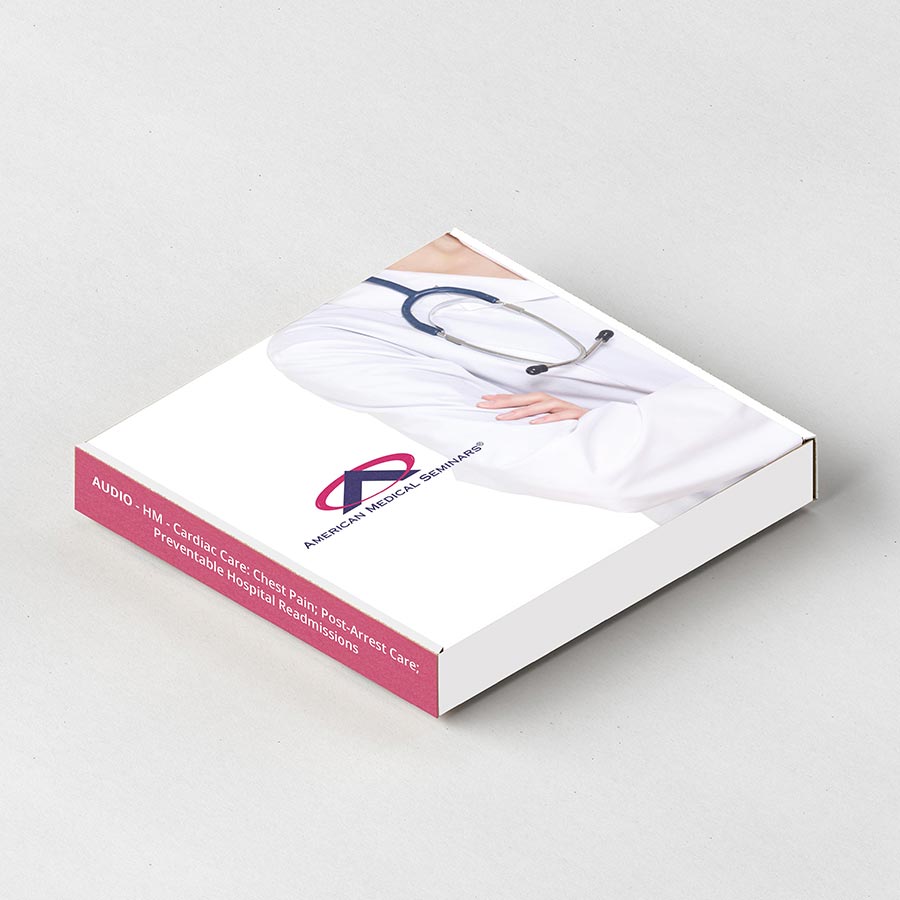Product Description
Title: Hospital Medicine – Inpatient Challenges: Drug Interactions; Systolic and Diastolic Heart Failure; Anticoagulation
Faculty: Michael P. Goldfinger, M.D., F.A.C.P., Vandana Y. Bhide, M.D., F.A.C.P., F.A.A.P., A.B.I.H.M.
Original Release Date: July 1, 2018 Expiration Date: July 1, 2021
TOPIC 1: Drug Interactions and Side Effects.
Upon completion of this session, the participant should be able to: GL, EBM, COMP
- Determine the most common mechanisms for drug interactions.
- Identify some of the most frequent culprit drugs such as Warfarin and Acetaminophen, AED’s, NSAIDs, and Statins.
- Counsel patients regarding some of the most frequent side-effects seen with commonly used medications.
- Employ The Joint Commission 2016 Ambulatory Care National Patient Safety Goals.
TOPIC 2: Systolic and Diastolic Heart Failure.
Upon completion of this session, the participant should be able to: EBM, GL, COMP
- Appropriately manage decompensated heart failure in hospitalized patients.
- Assess the indications for positive inotropic agents and ultrafiltration in systolic heart failure.
- Distinguish the treatment of systolic versus diastolic heart failure, as per the 2013 ACCF/AHA Guidelines for heart failure management.
TOPIC 3: Outpatient Anticoagulation Issues.
Upon completion of this session, the participant should be able to: GL, EBM, COMP
- Manage outpatients on warfarin using current CHEST guidelines and The Joint Commission 2016 National Patient Safety Goals.
- Determine factors leading to alterations in the international normalized ratio (INR).
- Advise patients on the appropriate choice, duration, and intensity of anticoagulation in a variety of clinical scenarios.
- Develop a familiarity with the new oral anticoagulants.
- The receipt for any incentive-associated purchase will designate the value of the gift card separately from the cost of the learning activity.
- This incentive may have implications on your tax reporting obligations. Any reimbursed amount must be declared as personal income for tax purposes.


